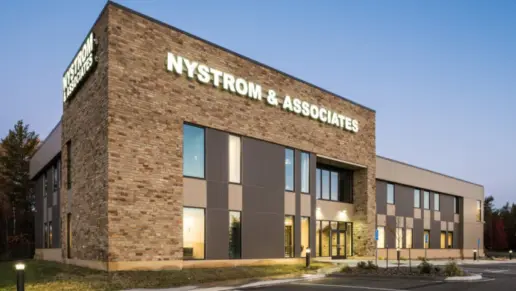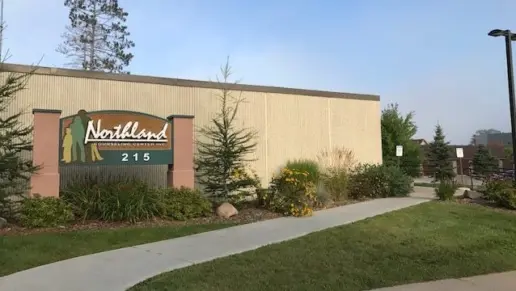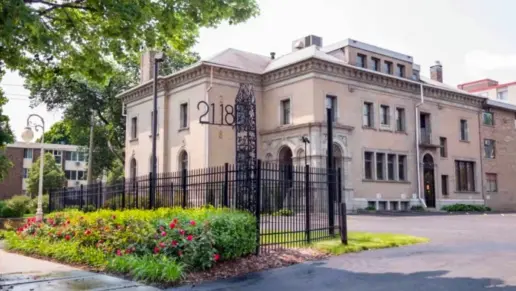This is a great center, always well organized, to start a process is not as difficult as other rehabilitation centers. They can improve a lot of things though.
About Mission Lodge
Missions Inc. provides an alcohol and drug recovery support program in Plymouth, Minnesota. They provide housing for a variety of people on the path of recovery, including men, women, trans, and nonbinary individuals. Each of the four housing units has a casual, home like atmosphere with simple modern amenities.
Missions Inc. is a nonprofit organization that does not turn away eligible clients if they are unable to pay. They also provide inpatient medical detox services for those in crisis, including adolescents.
Clients come to detox in crisis, seeking clinical assistance with the detoxification process. Withdrawal symptoms can be painful and, without professional assistance, dangerous. Clients in the detox program are carefully observed by medical staff and provided comfort and education during this difficult step of the recovery process.
In addition to clinically managed withdrawal services, clients have access to psychiatric assessments, counseling, nutritional education, support groups (such as NA/AA), and visits from physicians. Clients are only discharged when they are medically stable, after which their care team develops an aftercare plan for them to follow.
Detox is often the first step on the path to recovery. To facilitate this, Missions Inc. connects clients with local facilities and resources so they can continue the journey unhindered. Detox is offered on a first come, first served basis.
The housing services provided by Missions Inc. aren’t traditional inpatient residential treatment plans. Instead, they are residential programs for people transitioning out of treatment plans or who are otherwise at risk. There are four houses total, each serving different clientele: Hart House (women, trans, and nonbinary clients), Mission Heights Supportive Housing (women, men, trans, and nonbinary people), Mission Lodge, and Smith Lodge (both for chronically dependant men and women)
Each house offers structured services with the goal of breaking the cycle of addiction and helping transition into sober living. Programs include counseling, community referrals, advocacy, support groups, and recreation activities. Clients may receive a referral or prior treatment to be accepted.
Latest Reviews
Rehab Score
Gallery
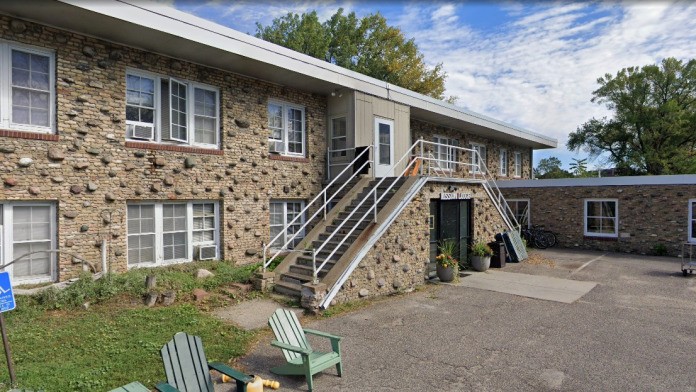
Location
Other Forms of Payment
Self-pay involves paying for treatment out of your own pocket. You can use savings or credit, get a personal loan, or receive help from family and friends to fund your treatment. If you don't have insurance or your insurance plan doesn't cover a specific program, self-pay can help ensure you still get the care you need.
Private insurance refers to any kind of healthcare coverage that isn't from the state or federal government. This includes individual and family plans offered by an employer or purchased from the Insurance Marketplace. Every plan will have different requirements and out of pocket costs so be sure to get the full details before you start treatment.
Addiction Treatments
Levels of Care
Treatments
The goal of treatment for alcoholism is abstinence. Those with poor social support, poor motivation, or psychiatric disorders tend to relapse within a few years of treatment. For these people, success is measured by longer periods of abstinence, reduced use of alcohol, better health, and improved social functioning. Recovery and Maintenance are usually based on 12 step programs and AA meetings.
Drug addiction is defined as an inability to stop using drugs even though it causes negative consequences in your life. Drug rehab in Minnesota provides treatment for drug addiction in a variety of settings including inpatient treatment and outpatient treatment.
Opioid rehabs specialize in supporting those recovering from opioid addiction. They treat those suffering from addiction to illegal opioids like heroin, as well as prescription drugs like oxycodone. These centers typically combine both physical as well as mental and emotional support to help stop addiction. Physical support often includes medical detox and subsequent medical support (including medication), and mental support includes in-depth therapy to address the underlying causes of addiction.
Substance rehabs focus on helping individuals recover from substance abuse, including alcohol and drug addiction (both illegal and prescription drugs). They often include the opportunity to engage in both individual as well as group therapy.
Programs


Clinical Services
Cognitive Behavioral Therapy (CBT) is a therapy modality that focuses on the relationship between one's thoughts, feelings, and behaviors. It is used to establish and allow for healthy responses to thoughts and feelings (instead of unhealthy responses, like using drugs or alcohol). CBT has been proven effective for recovering addicts of all kinds, and is used to strengthen a patient's own self-awareness and ability to self-regulate. CBT allows individuals to monitor their own emotional state, become more adept at communicating with others, and manage stress without needing to engage in substance abuse.
Group therapy is any therapeutic work that happens in a group (not one-on-one). There are a number of different group therapy modalities, including support groups, experiential therapy, psycho-education, and more. Group therapy involves treatment as well as processing interaction between group members.
In individual therapy, a patient meets one-on-one with a trained psychologist or counselor. Therapy is a pivotal part of effective substance abuse treatment, as it often covers root causes of addiction, including challenges faced by the patient in their social, family, and work/school life.
Life skills trainings involve all the skills a person must have in order to function successfully in the world. These include time management, career guidance, money management, and effective communication. Truly successful addiction recovery is based on the ability to not only live substance-free, but to thrive. Life skills teaches the practical necessities of functioning in society, which sets clients up for success in life, and therefore sobriety.
Staff
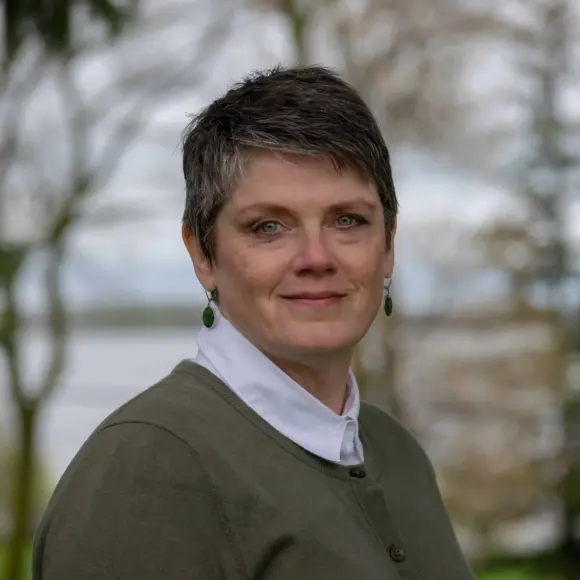
CEO

Advancement Coordinator
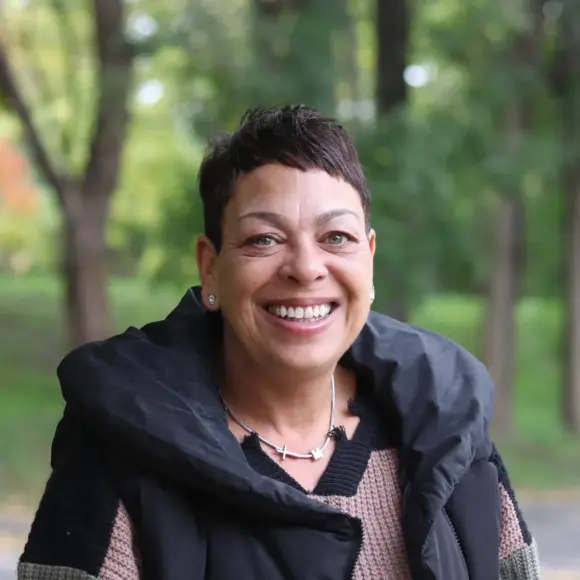
Director of Programs
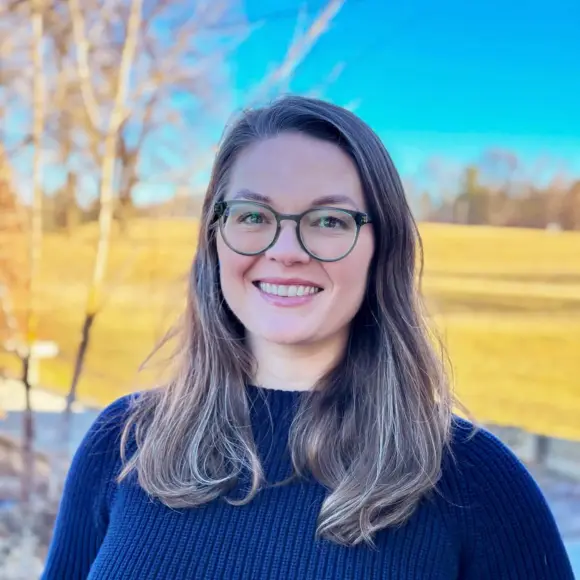
Director of Advancement
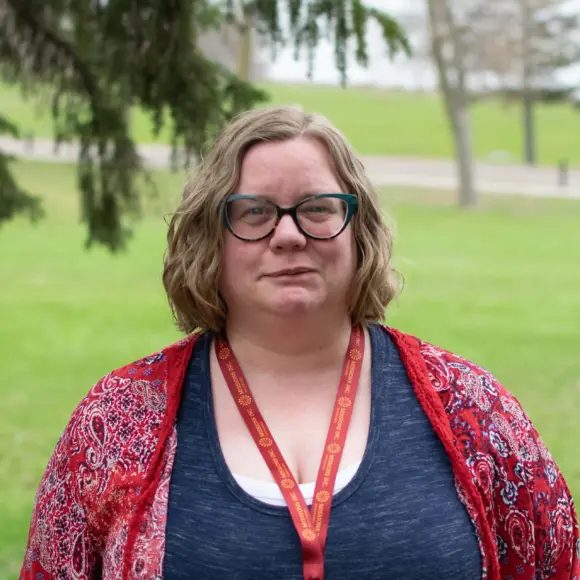
HR Coordinator
Contact Information
3409 E Medicine Lake Blvd
Plymouth, MN 55441
